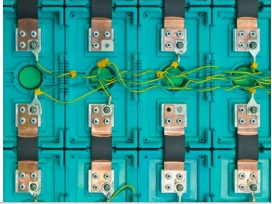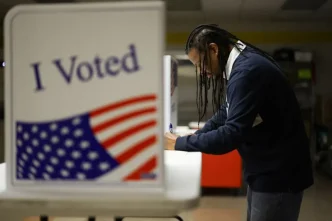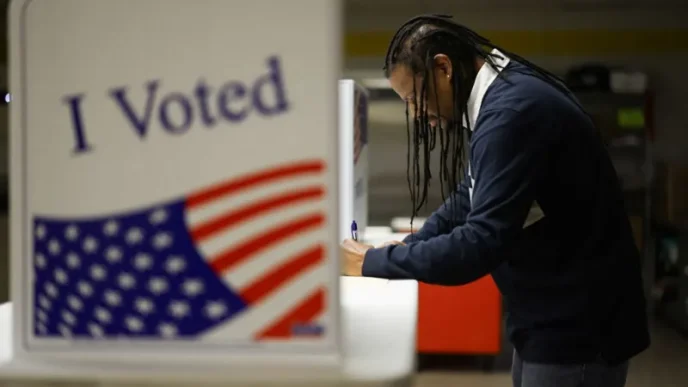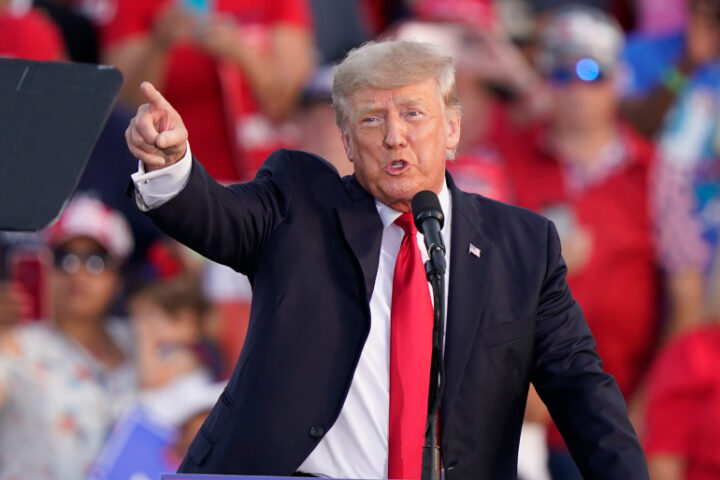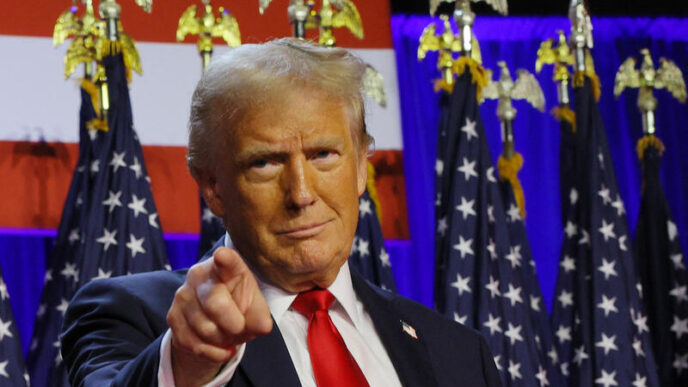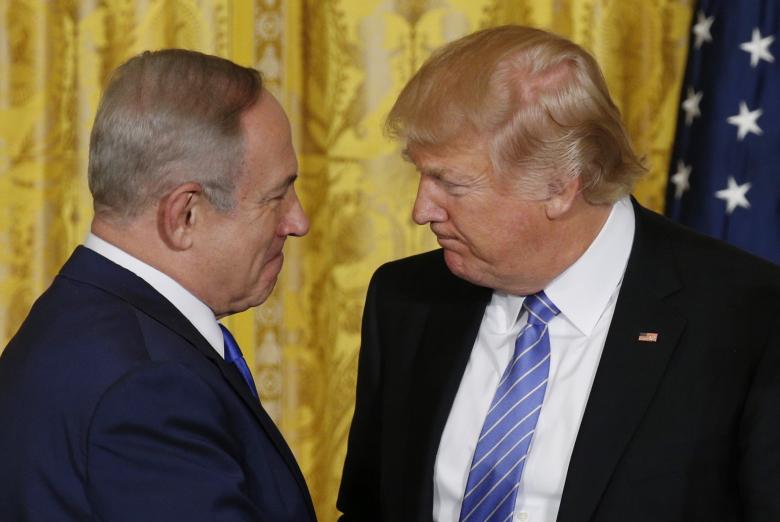David Lammy, the United Kingdom (UK) foreign secretary, has launched a report on the opportunities for Africa in the global battery value chain.
The report, titled ‘From minerals to manufacturing: Africa’s competitiveness in global battery supply chains’, was launched in Lagos on Monday.
The report was undertaken through the UK’s Manufacturing Africa programme in partnership with the Faraday Institution, a research organisation focused on batteries and energy storage.
The report said with the right investment and policy environment, refining locally extracted lithium, nickel, manganese, and copper in Africa could be up to 40 percent more competitive than the rest of the world by 2030.
Advertisement
It indicated that with one high-quality refinery for each of the minerals, Africa could generate an additional $6.8 billion in annual revenue and create around 3,500 high-quality jobs within the battery supply chain.
The report further said preliminary analysis shows that countries such as Tanzania and Morocco could manufacture batteries that are competitively priced compared to Europe under certain conditions.
It added that Morocco could achieve production costs of $72/kWh, while Tanzania could reach $68/kWh, in comparison to Europe’s $68/kWh, which benefits from subsidies.
Advertisement
Helen King, director for economic development and partnerships at the UK foreign commonwealth and development office, said “investors should give serious consideration to Africa’s potential as a future manufacturer of batteries, not just a buyer”.
“The UK government has a clear mission to support global growth that is inclusive of people and planet, and this sector presents real opportunity for African growth and jobs,” King said.
“We look forward to engaging with policymakers and investors on taking forward the outcomes of this report and doing the hard work to realise the opportunity it represents.”
Aminu Umar-Sadiq, managing director of the Nigeria Sovereign Investment Authority (NSIA), said bridging the gap between the traditional energy infrastructure and renewable energy solutions is vital.
Advertisement
“The NSIA, through its subsidiary, RIPLE, is piloting the development of an integrated battery manufacturing facility to bolster Nigeria’s industrial base and support the nation’s energy transition plan,” Umar-Sadiq said.
Martin Freer, the chief executive officer (CEO) of the Faraday Institution, said African nations could become key players in the global battery supply chain if they can address challenges related to investment, infrastructure, and workforce.
“The report contains a wealth of information and analysis on the subject that will be valuable to a variety of stakeholders, including potential investors in projects in other parts of the battery value chain beyond mining,” Freer added.
Advertisement
Add a comment
